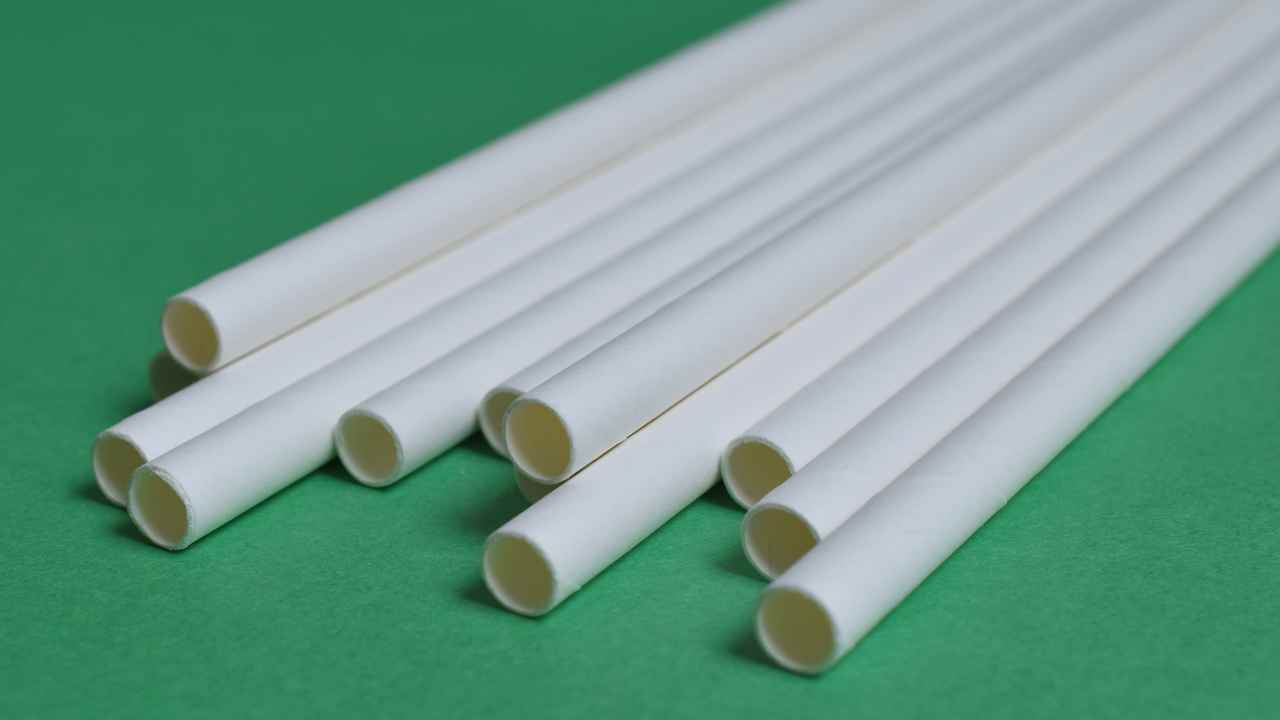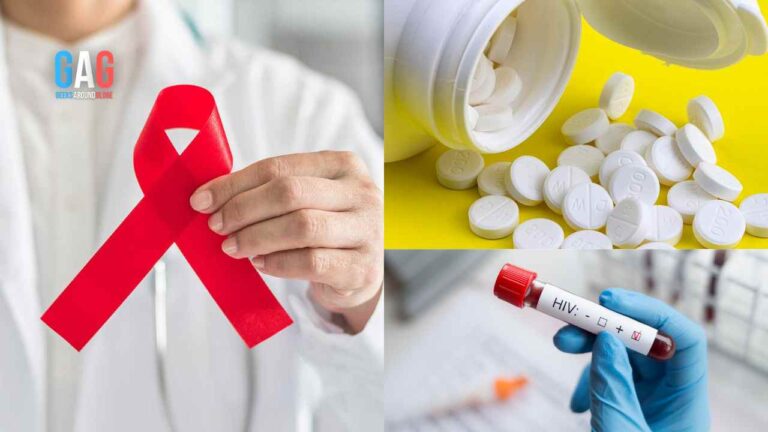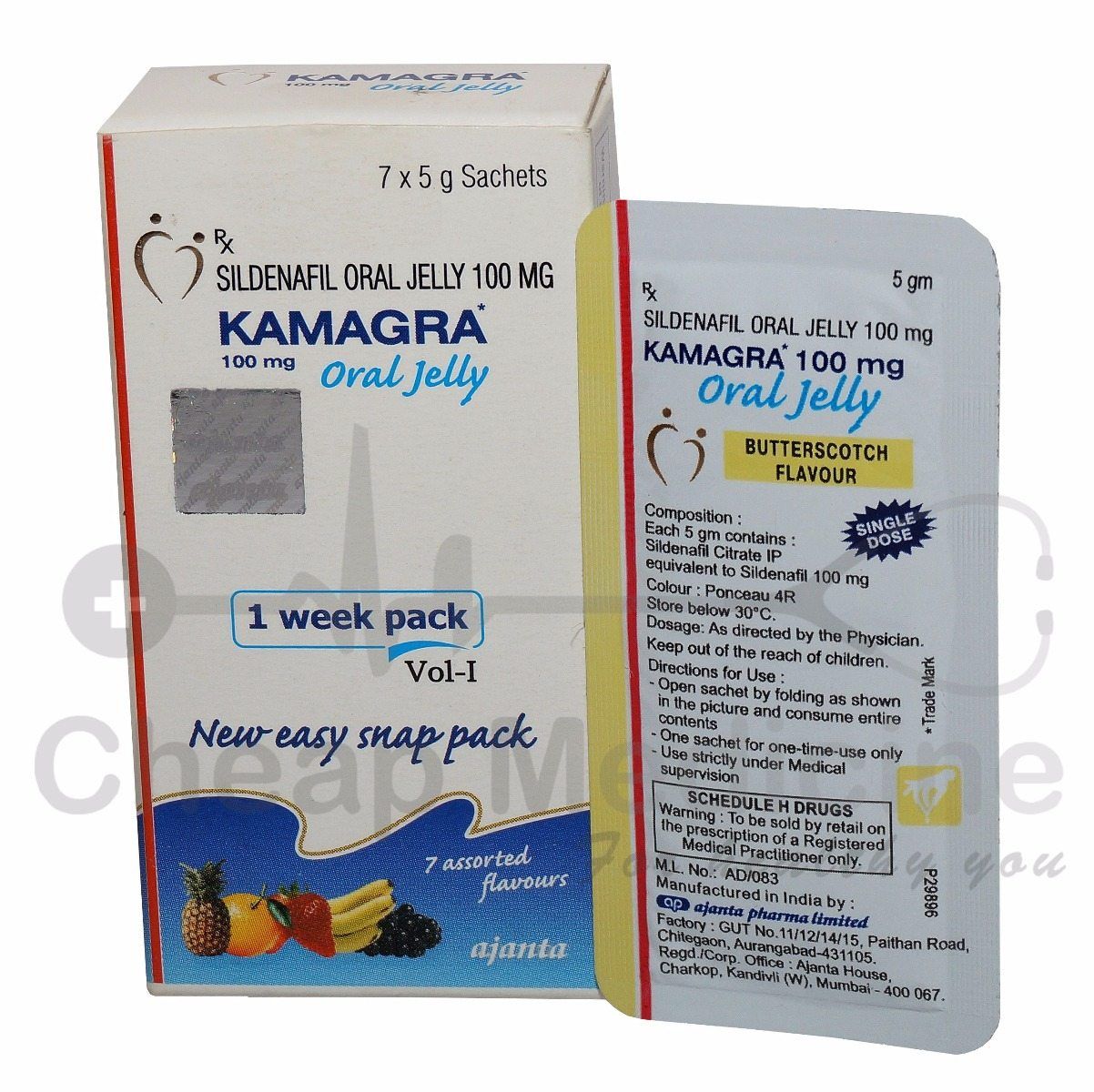Before 2019, the U.S. alone used about 500 million plastic straws every day. Following bans in several states, businesses turned to paper options.
Many drink chains and fast-food outlets have shifted to using paper straws in an effort to reduce plastic waste. However, researchers have cautioned that these paper alternatives may carry toxic chemicals and might not be significantly better for the environment compared to plastic.
A recent study in Food Additives and Contaminants raises concerns about these straws.
“Straws made from plant-based materials, like paper and bamboo, are often promoted as more eco-friendly than plastic ones. However, the presence of PFAS in these straws means that’s not necessarily true,”
Thimo Groffen, an environmental scientist at the University of Antwerp in Belgium involved in the study
Analyzing 39 brands, Groffen’s team found that paper straws were more likely to contain toxic-forever chemicals called PFAS (per- and polyfluorinated alkyl substances) compared to those made from other materials.
PFAS, found in various everyday items, can lead to health issues like increased blood cholesterol, blood pressure, and certain cancers, notes the U.S. Agency for Toxic Substances and Disease Registry. These chemicals pose risks to both human health and the environment, contaminating natural water sources.
Among the brands tested, 90% of paper straws contained PFAS, while plastic ones had a 75% occurrence, and glass straws had 40%. Steel straws didn’t show any PFAS presence in the investigation.
While PFAS levels in these products were relatively low and the occasional straw usage poses a limited health risk, long-term accumulation in both the human body and the environment is concerning. The study didn’t assess whether PFAS could leach into liquids, necessitating further testing to gauge the full impact.
The research indicates that paper and bamboo straws might not be as environmentally friendly as perceived. “The presence of PFAS in paper and bamboo straws shows they are not necessarily biodegradable,” explains Groffen.
However, according to NBC News Keith Vorst, director of the Polymer and Food Protection Consortium at Iowa State University, has a different idea about this research.
“I have a little fear about, ‘OK, now let’s focus on straws’ when we have much, much bigger issues that are contaminating the environment,”
“If you let a straw sit for a day, you’ll get some in the water, but how many of us leave our straw in the water for a day and then still drink out of it?”
Keith Vorst, director of the Polymer and Food Protection Consortium at Iowa State University
“While transitioning to stainless steel would be ideal, it might not be practical for everyone.”







